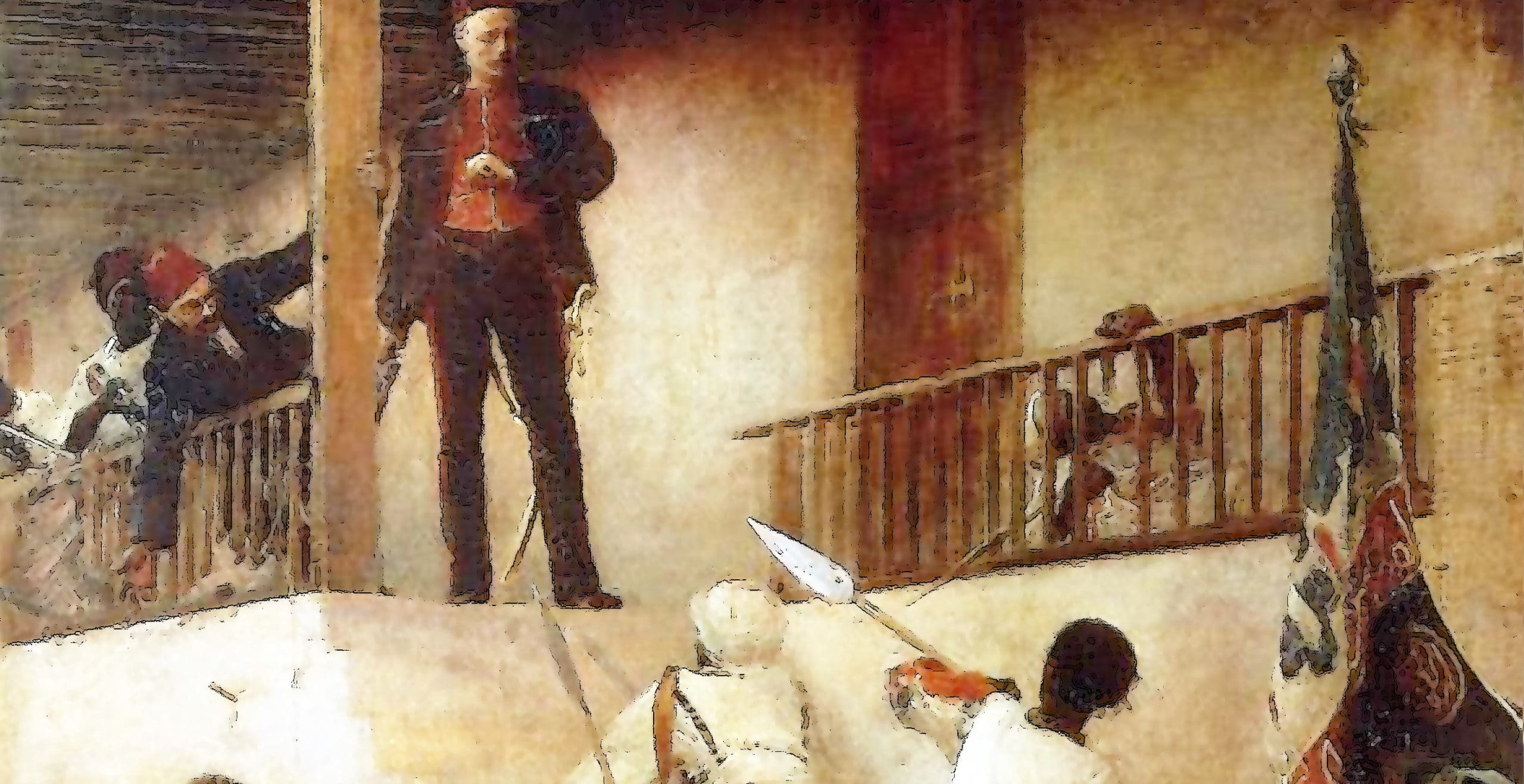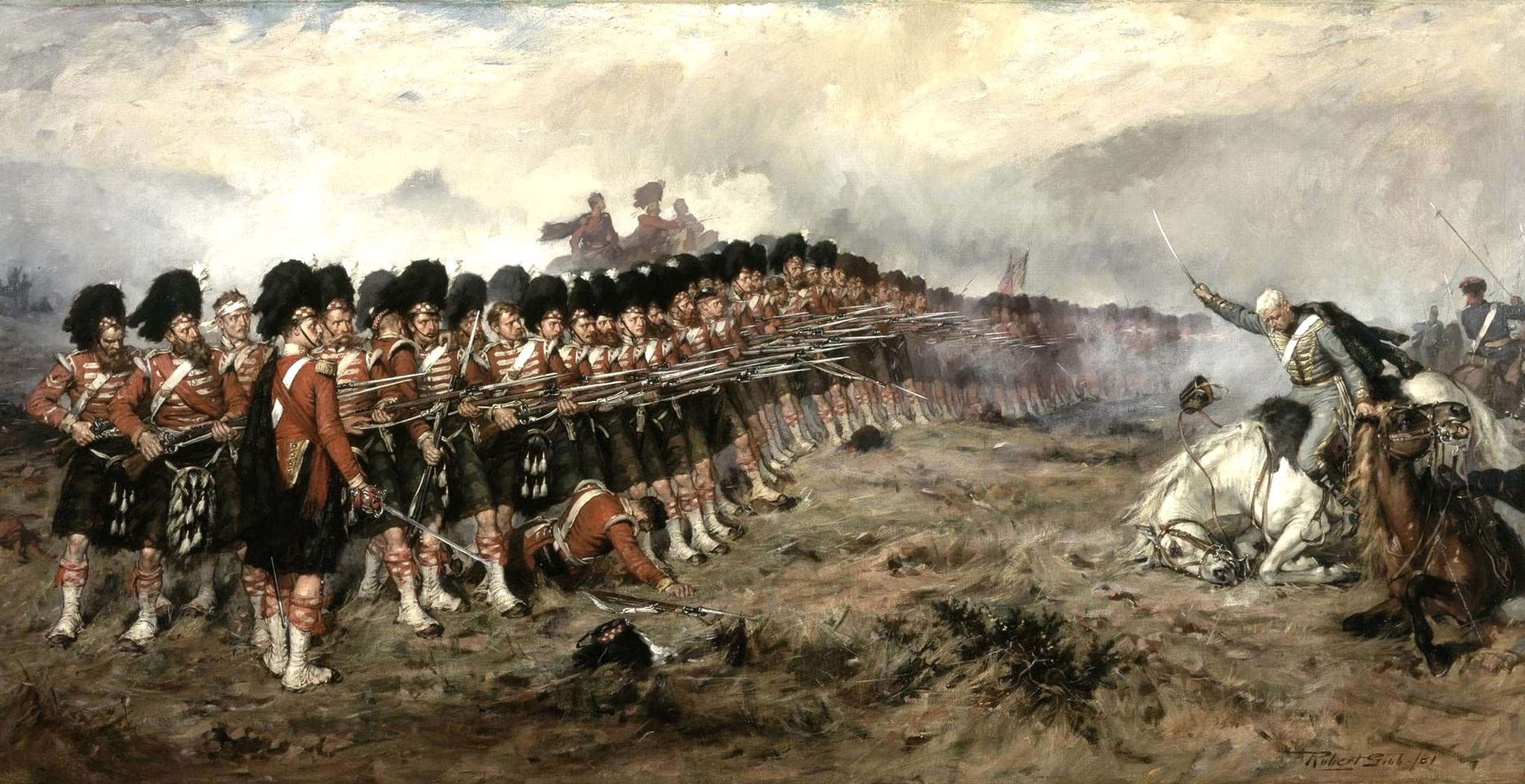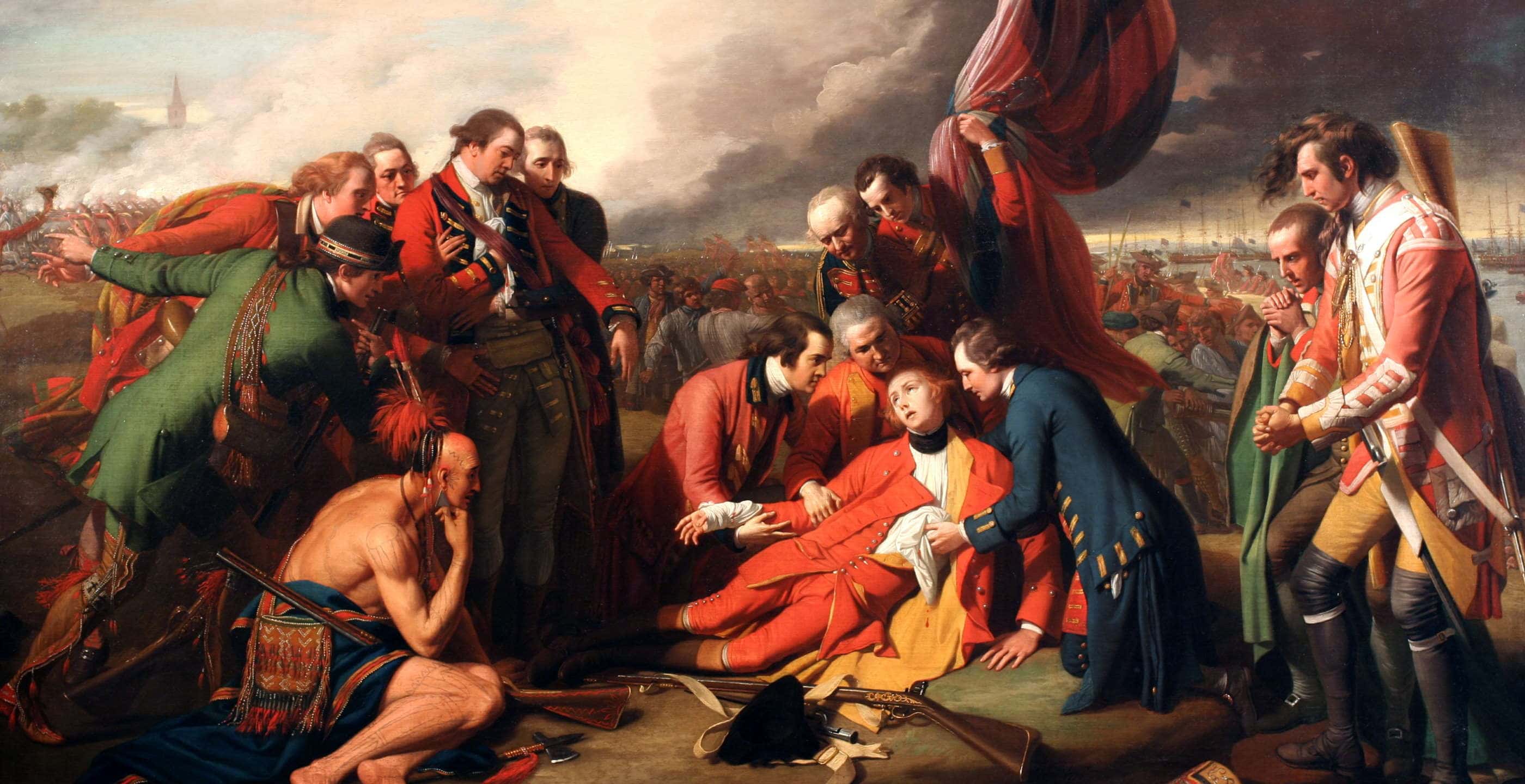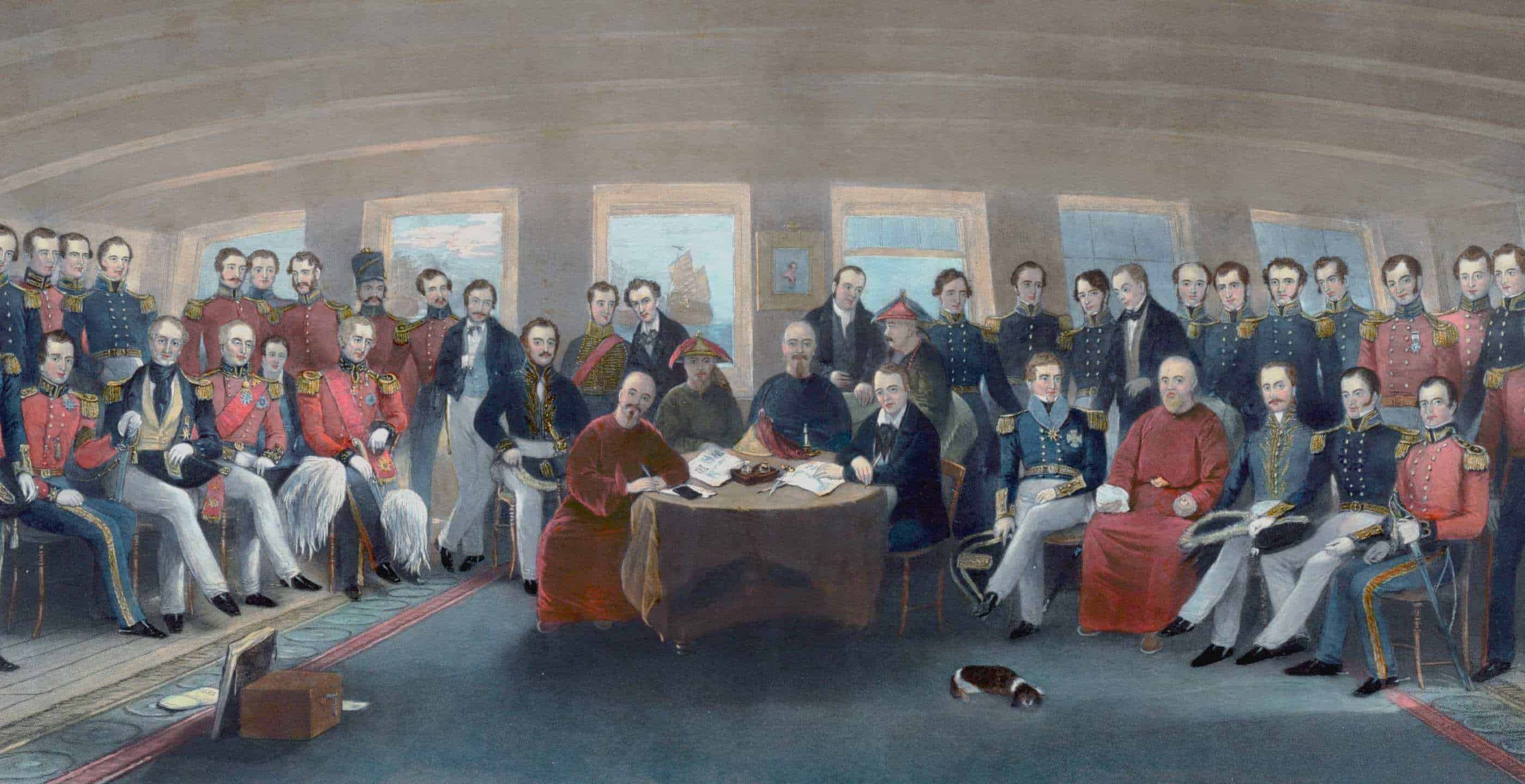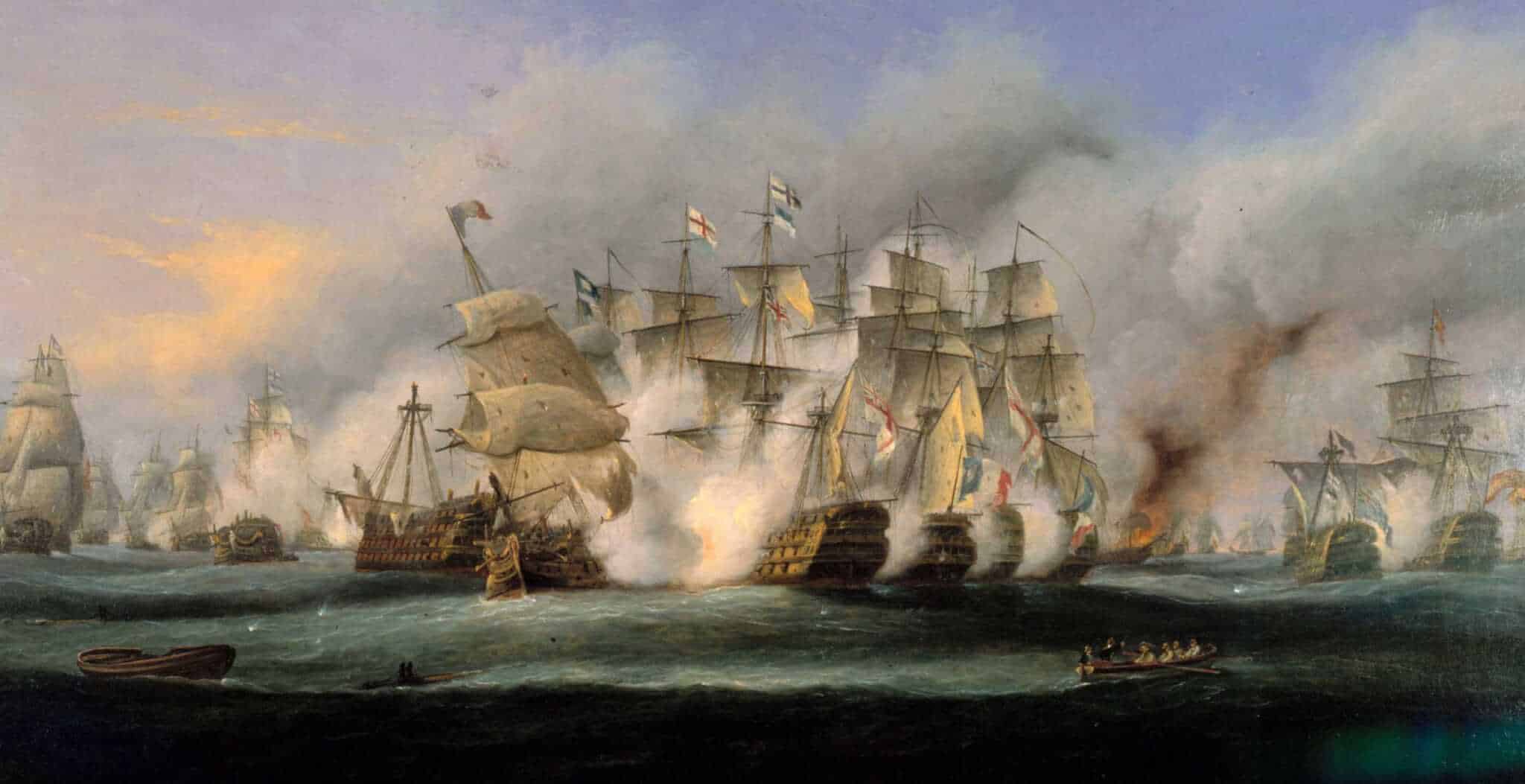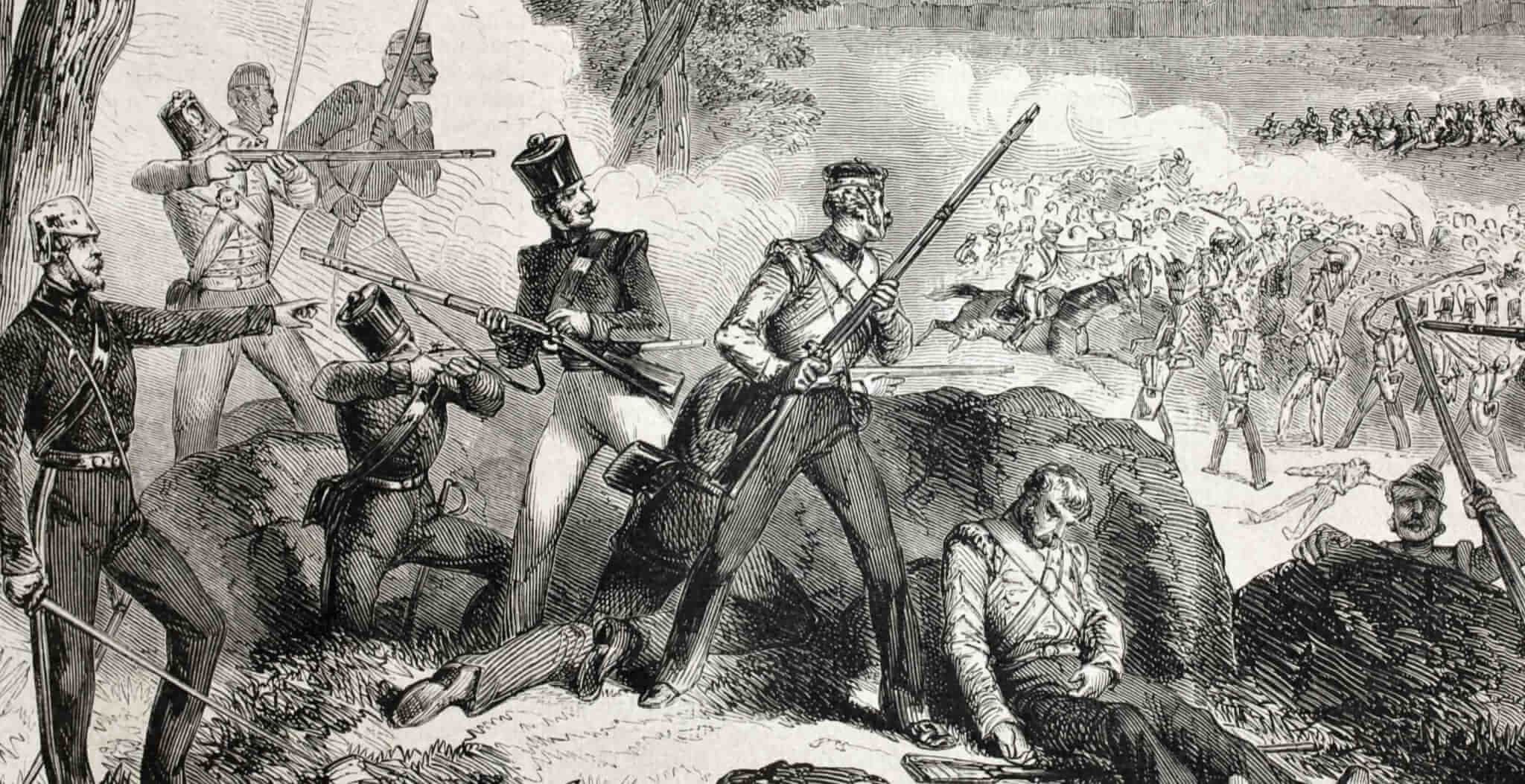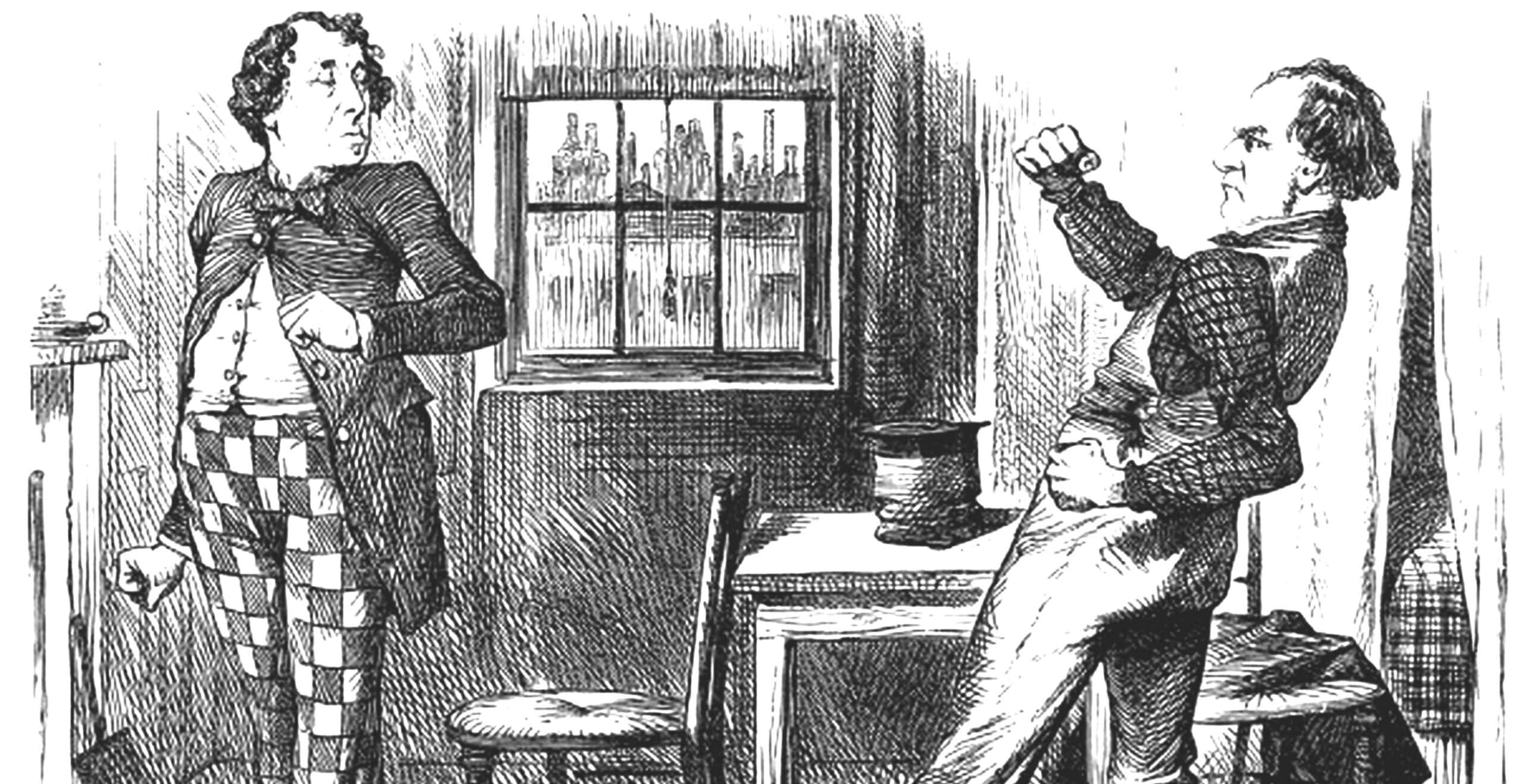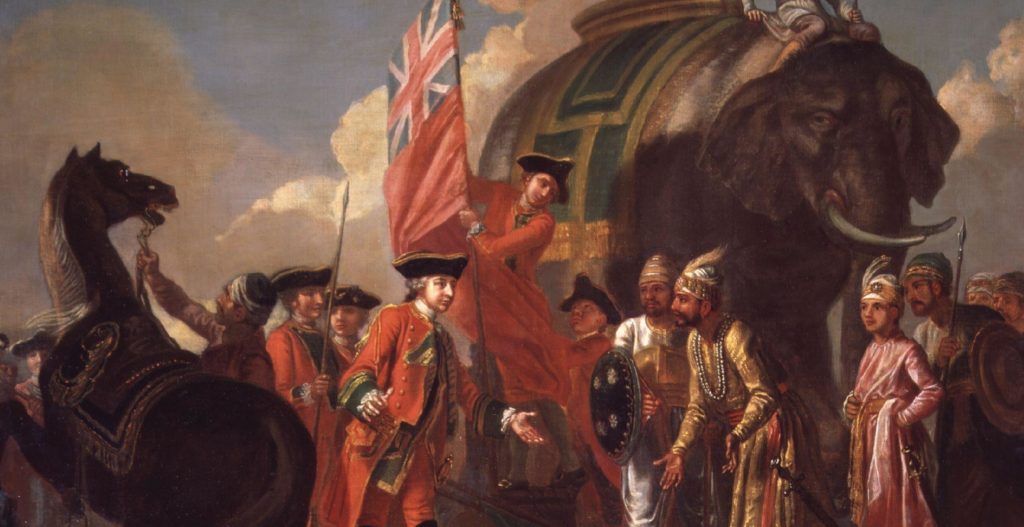Charles Gordon was a famous general who took part in some of the most significant conflicts of the Victorian era, spanning three continents and earning him various sobriquets; his exploits would have lasting effects on people and places across the globe.

Born on 28th January 1833 into an army family in Woolwich, his progression into a military career seemed inevitable.
As a result of his father’s position as a Major General, the family moved to a variety of locations throughout the British Isles but also overseas. Gordon would receive his education at the Royal Military Academy in Woolwich.
He soon became well-known for his high-spirited demeanour and disregard of the rules when he did not believe in them. Such an attitude did not go down well at his school and he was subsequently held back for two years.
Nevertheless, his natural aptitude for designing and engineering led to his first position in 1852 when he was commissioned as 2nd Lieutenant in the Royal Engineers. A couple of years later, after receiving his training at Chatham, he was promoted to full lieutenant.
During his time in the army it became clear that his personality and his ability to rally the troops were well-suited for leadership. Despite this, the one notable trait which continued to pervade his life was his inability to take orders when he felt them to be ill-judged or unjust. This would become most evident later on in his career.
Meanwhile, his first overseas military assignment came when the outbreak of the Crimean War led to him being sent to Balaklava in January 1855.
Gordon as a young and still inexperienced man of the military was keen to prove himself in Crimea, and thus found himself at the epicentre of the conflict, caught up in the Siege of Sevastopol. In his role as a member of the Royal Engineers he was put to work mapping out the Russian fortifications of the city which was a dangerous job putting him at risk of Russian snipers.
Predominantly given the role of construction of huts and trenches, Gordon found much of his time was spent in “the Quarries” (a name given to the British trench section at Sevastopol).
In this location, the final assault led to a huge bombardment, placing Gordon and his fellow trench dwellers in the direct line of fire.
Over a month spent consecutively in these conditions, Gordon took shelter, covered in mud and blood, whilst the Allies were dealt a considerable blow and casualties were great.
In all the madness of frontline conflict, Gordon was able to prove himself despite his youth and he forged important lifelong friendships. Moreover, he also gained a reputation for his bravery and military aptitude, attributes which would hold him in good stead for the future.
As recognition for these efforts, he received the Crimean War medal and clasp, as well as the Chevalier of the Legion of Honour by the French.
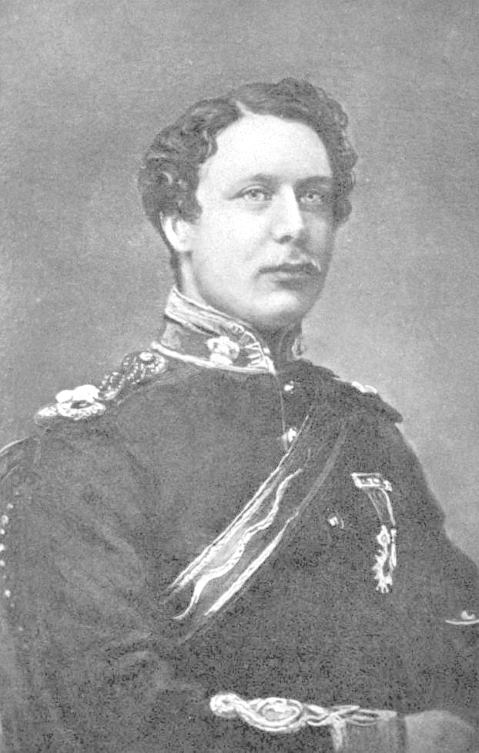
With the conflict now drawing to a close and the international peace talks underway, Gordon found himself in modern-day Romania as part of an international commission which decided the new border between the Russian Empire and the Ottoman Empire.
During his time there, he was able to converse easily with the Romanian elites who spoke French, as did Gordon.
Later, he was sent with similar work to Armenia in order to demarcate the frontier between Ottoman Armenia and Russia Armenia. During his time there, Gordon took up photography, a relatively new technology and a pastime which he enjoyed throughout his life. So much so, that he was later elected as a fellow of the Royal Geographical Society in honour of his amateur camera work.
After completing his mission in the region he returned to Britain and became an instructor at Chatham. As a result of his skills, he easily climbed through the ranks.
Whilst based in Chatham, Gordon was hungry for more opportunities and thus his second posting him took him even further. He volunteered to serve in China where the combat of the Second Opium War was already in full swing.
His military service saw his involvement in the destruction of the Emperor’s Summer Palace and the capture of Peking. Despite his participation, he described the activities at the Summer Palace as making “one’s heart sore”.
He also bore witness to the ongoing Chinese conflict known as the Taiping Rebellion led by Hong Xiuquan and observed the atrocities committed throughout the Chinese countryside.
Whilst the war came to a close, British troops would remain in China for several years afterwards in order to ensure Britain’s interests were safe.
Meanwhile, in the coming years, the Taiping rebels would continue to make gains and when they appeared to get close enough to Shanghai, alarm bells rung in Europe.
This in turn would lead to the raising of western-trained Chinese troops in order to combat the Taiping rebels. Initially under the command of an American by the name of Frederick Townsend Ward, they would push back the rebels, however the fight was far from over.
Once Ward was killed in action, his successor H.A Burgevine proved to be an unsavoury character with no leadership credentials. Inevitably, it fell to Gordon to take up the mantle despite his reluctance and lead what became known as the “Ever Victorious Army”.
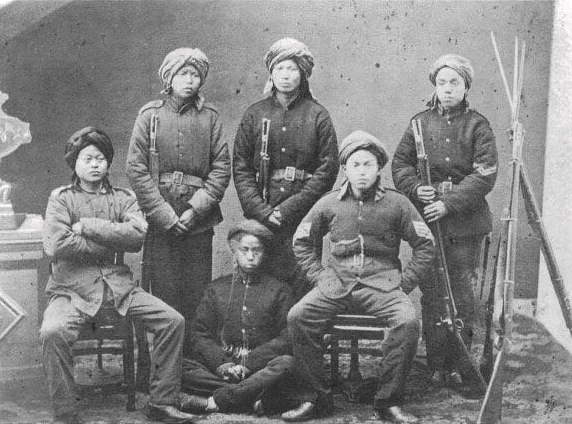
The mercenary force proved to be in desperate need of leadership, reorganisation and discipline, qualities which Gordon could impart and did with great strictness and resolve. The soldiers were known for their immoral activities and Gordon set about imposing harsh punishments on any one who exhibited such behaviour.
In March 1863 he took command of the force and quickly earned their respect. Only a few months later, the 4th regiment under Gordon took the rebel held town of Quinsan, repelling the enemy who were caught off guard by the army who had been using the waterways to gain access.
In the coming years, the Taiping Rebellion was subsequently suppressed and under Gordon’s command, the Ever Victorious Army drove rebel forces out of their strongholds.
As a result, Gordon earned the admiration of local peasants who wanted to be free from the wrath of the Taiping forces. He had achieved great renown and his contributions to the military effort against the rebellion earned him the sobriquet “Chinese Gordon” back in England, whilst in China he was bestowed with the honour of receiving the Imperial yellow jacket.
After achieving such great successes in China and developing a rapport with the people he lived and worked with, he would return once more to Britain.
He remained based in the Kent town of Gravesend where he wanted to lead a quiet life away from his newly acquired celebrity status.
He threw himself into charity work, helping some of the local homeless boys and donating around 90% of his yearly income to charity.
Meanwhile, his return to work once again took him overseas, firstly to Romania on an international commission and then later to Egypt where he won the favour of the Ottoman Khedive, Isma’il Pasha, who was referred to as “Isma’il the Magnificent”.
With Ottoman sights set on expansion, the Khedive asked Gordon to serve as Governor of South Sudan, known as the Equatoria province. In this role, he would find himself grappling against the very system which he worked for as he tried to reverse many of the ingrained deficiencies he found in the region such as rampant corruption and wide-spread human trafficking.
In his position, he regularly came into conflict with many of his administrative and colonial peers. So much so, that the Governor-General in charge at the time, Ismail Aiyub Pasha, continually sabotaged Gordon’s attempts to reverse the slave trading practices.
This did not hinder Gordon’s resolve as he built closer relationships with the people of Equatoria who had been the victim of the slave trade, as well as dealing in diplomatic circles with those who were not keen to see the Egyptians extend their influence.
Gordon was later summoned to Cairo by Khedive Isma’il Pasha and was awarded the position of Governor-General of the whole of Sudan.
Such a mammoth task would sadly prove to be the death of him, as Gordon fought continually to implement reforms to end slavery and torture as well as deal with corruption, however they were in direct opposition to the system implemented by Ottoman-Egyptian rule. As a result his efforts proved to be to no avail and by the 1870s, the western ideas to curb the Arab slave trade caused economic ripples which spilled out onto the streets.
At the end of his term Gordon left Sudan a failure and returned to England with deteriorating health as a result of the stress.
This break did not last long however as a rebellion led by Mahdi, Muhammad Ahmad unfolded in Sudan, forcing Gordon to return.
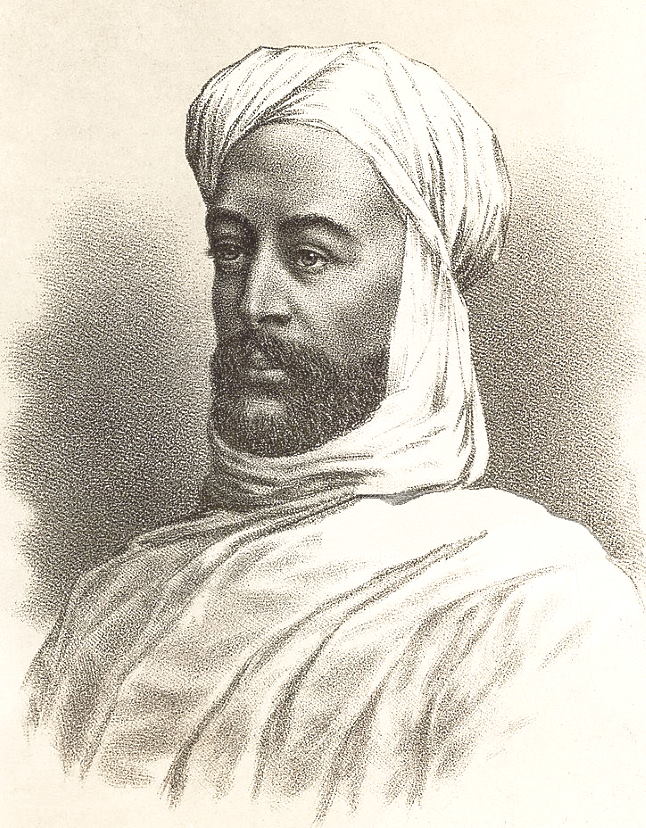
After returning to Khartoum with a mission to evacuate civilians and soldiers, he disobeyed orders and decided to stay on with a small group to defend the city.
In his belief that he could defend Khartoum he corresponded with Mahdi but it achieved nothing. Instead Gordon found himself besieged by the rebel forces.
In his plan to defend the city, the siege ensued for almost a year until Mahdi forces finally overwhelmed Khartoum.
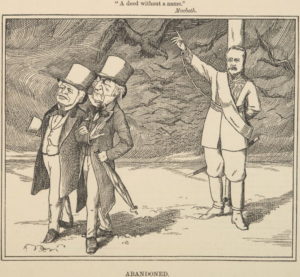 General Gordon of Khartoum, with saber and embroidered uniform, has his right hand raised, pointing to the black vultures circling him: he is chained to the pole in his back. The two gentlemen abandoning Gordon by walking away are Prime Minister Gladstone (with umbrella) and Secretary of State for Foreign Affairs Granville Leveson-Gower. Line drawing, 1885
General Gordon of Khartoum, with saber and embroidered uniform, has his right hand raised, pointing to the black vultures circling him: he is chained to the pole in his back. The two gentlemen abandoning Gordon by walking away are Prime Minister Gladstone (with umbrella) and Secretary of State for Foreign Affairs Granville Leveson-Gower. Line drawing, 1885
Sadly, the British government had not acted quickly enough when Gordon called for assistance.
With public opinion favourable to Gordon’s efforts, the government response sadly came too late: to be precise, two days too late.
In this time, Khartoum was taken and Gordon killed, his body was never found.
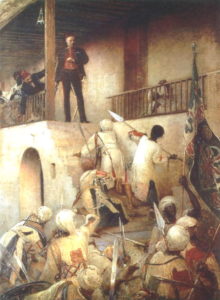
Jessica Brain is a freelance writer specialising in history. Based in Kent and a lover of all things historical.
Published: 2nd September 2022.
